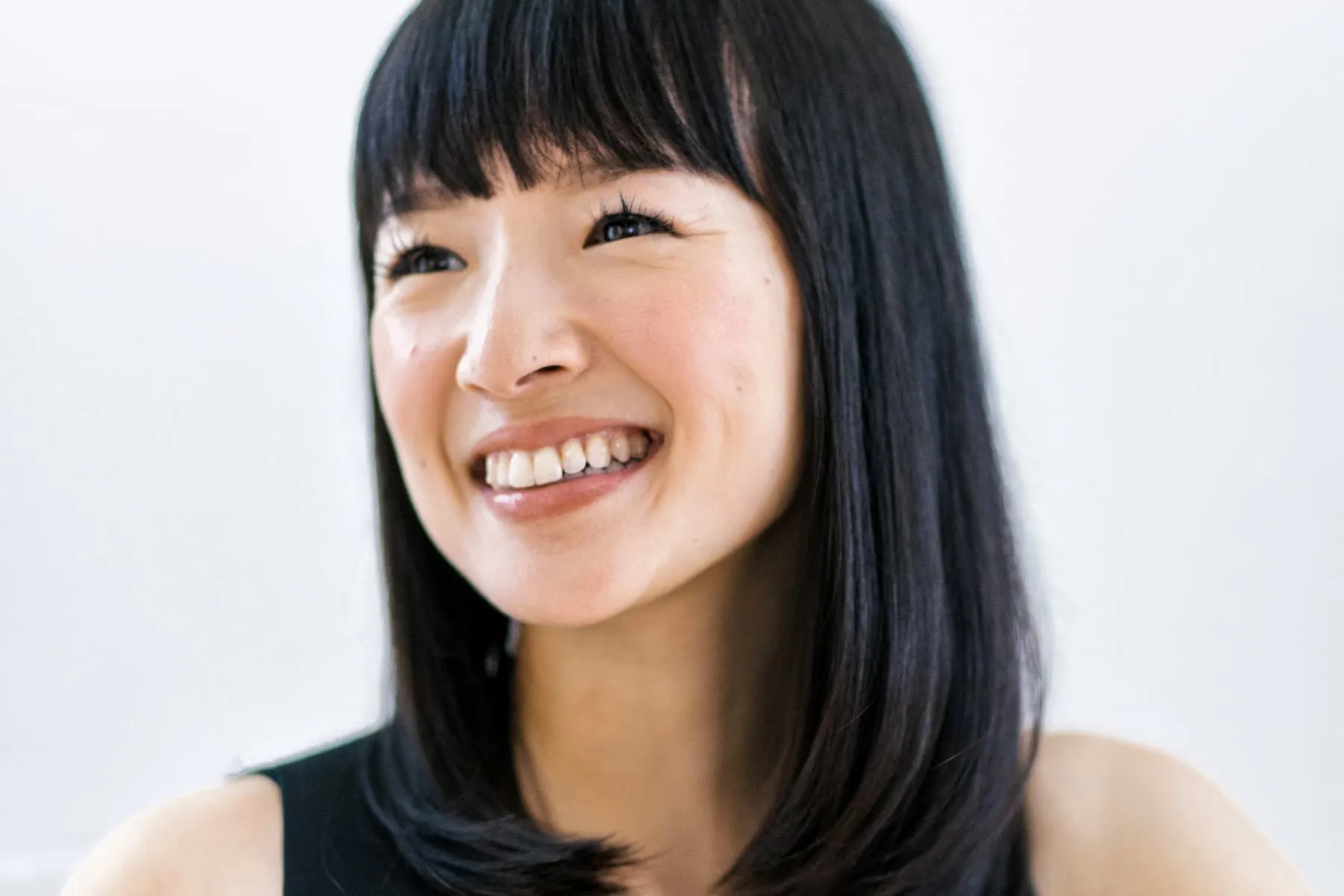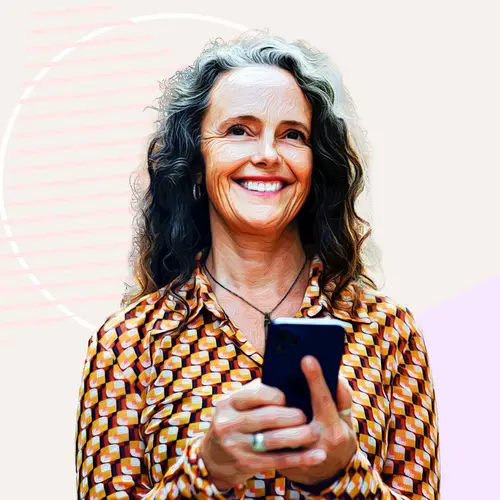
Marie Kondo
Tidying expert, author, Netflix home makeover series host
35, Los Angeles
1. How did your drive to tidy up begin?
I didn’t grow up in a particularly neat or organized family -- it was just something that I loved to do! I spent my whole adolescence researching and studying tidying. … I realized that the most important thing about tidying is not deciding what to discard but, rather, deciding what to keep.
2. How can ridding ourselves of all the extra stuff make us feel better?
By understanding exactly which items we own and only surrounding ourselves with items that spark joy, we free up space to focus on the goals and relationships that are most important to us.
3. How do you determine whether an item sparks joy?
Bring out each item you own and hold them one by one. If it’s difficult for you to connect with your sense of joy when holding your belongings, I suggest starting with an item you really love and using that feeling as a point of comparison for everything else.
4. What effects can decluttering our home have on other aspects of our lives?
Decluttering your home or office allows you to declutter your mind. In an uncluttered space, you can focus your energy and attention on what brings you happiness -- or what’s standing in the way of it. Another benefit: You will always find that thing you are looking for
5. Your new book, Joy at Work: Organizing Your Professional Life, is about decluttering the workplace. What are some of the most problematic areas in people’s offices that need cleaning up?
A cluttered or disorganized workspace makes it hard to focus and to make decisions on what’s truly essential. Having a tidy workplace cuts down on time spent searching for what you need -- as a result, you use your time and energy more effectively.
6. What do you do outdoors to recharge?
When I visit Japan I make a point of visiting an onsen [hot spring]. The dense greenery of the surrounding landscape is very soothing. I even look forward to the sounds of the insects at night.
7. Why did you decide to write a children’s book?
As a parent, I’ve observed firsthand the impact that books can have on children. I wrote Kiki & Jax as a way to communicate the joy of tidying and friendship to young readers.
8. Why do you think it’s important to teach children the value of tidying up?
Through tidying, children develop an awareness -- and ultimately, an appreciation -- of what they already possess. It’s natural for children to become attached to favorite toys and special objects; teaching them to treat these items with respect and to give them a home sends a subtle message about having gratitude for the important things in their lives.
9. What lessons have you taught your own children?
I make folding clothes and laundry an activity my daughters and I do together. Of course, I don’t expect them to fold like pros, but I do want them to have a positive association with tidying and to learn how to take care of the objects that help them through the day.
10. Are messes OK sometimes? Is there any part of your life in which you’re ever disorganized?
When I first became a mother, I felt frustrated when I couldn’t tidy my home exactly the way I wanted. Then, after having my second child, I didn’t even have the energy to consider some of my former practices around the house! Motherhood taught me to be more forgiving of myself. The joy that comes from parenting exceeds any satisfaction that comes from a perfectly neat home.
Find more articles, browse back issues, and read the current issue of WebMD Magazine.

